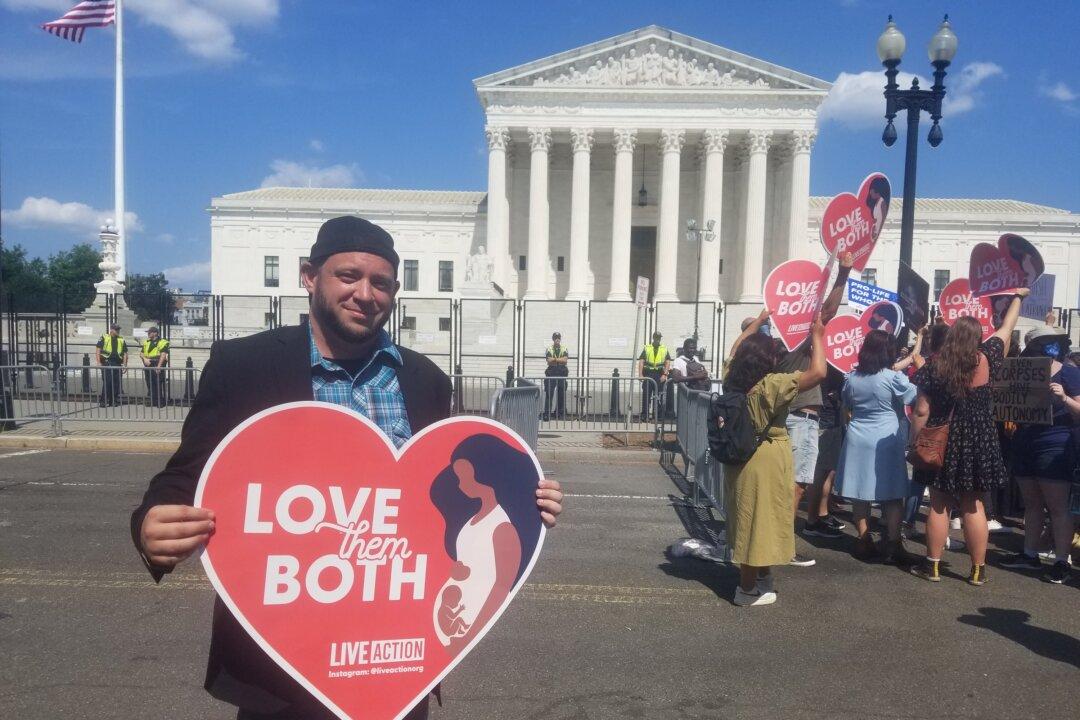A pro-life activist and his group can’t be sued for defamation for calling pro-abortion groups “criminal organizations,” the Supreme Court of Texas ruled.
The court ruled (pdf) on Feb. 24 that pro-life activist Mark Lee Dickson need not face defamation claims in lower courts because he was expressing a constitutionally protected opinion.





